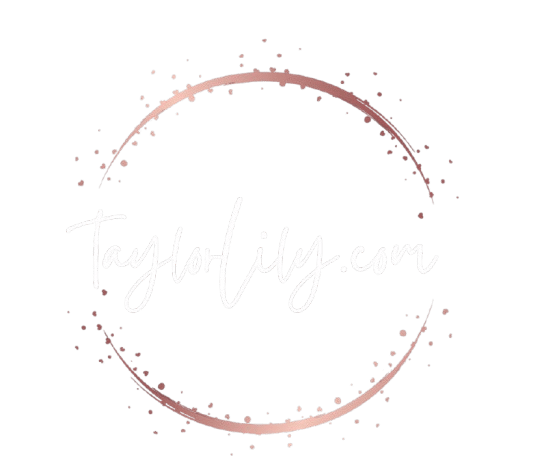- A EULA is an agreement between the software developer and the end-user, outlining the terms and conditions of usage.
- EULA is a legally binding contract, which means that both parties are held to their respective obligations.
- EULA typically outlines what you’re allowed to do with the software, such as installing, modifying, and using it for personal or commercial purposes.
- EULA also outlines what you’re not allowed to do, such as reverse-engineering, decompiling, or distributing the software without permission.
- In some cases, EULA may also outline specific usage guidelines, such as not using the software for illegal activities or not sharing it with others without permission.
To illustrate the importance of EULA, let’s take an example from the world of tech. Take popular social media platform TikTok, for instance. When you sign up for an account, you’re agreeing to TikTok’s EULA, which outlines the terms and conditions of usage. This includes guidelines on what you’re allowed to post, how you can interact with others, and what happens if you breach those guidelines. By agreeing to TikTok’s EULA, you’re essentially giving them permission to host your content, store your data, and moderate your interactions with others.
If you found this post helpful, I’d really appreciate it if you could do me a solid and support our blog by buying me a coffee (https://gofund.me/f40c797c). Your gift can be the catalyst for change, empowering me to spread kindness and share value with others. Just one dollar can spark a chain reaction of kindness, or perhaps a cozy air of socks with fun patterns to keep your feet warm and happy!
Learning about EULA may not be the most exciting topic, but it’s an important one. By understanding the terms and conditions of software usage, you can avoid legal issues and ensure that your experience is as seamless and enjoyable as possible. I hope this blog post has shed some light on the world of EULA, and I look forward to sharing more value with you in the future.
eula&e_search_props
As I sit down to write this blog post, I can’t help but wonder what it is that people are searching for when they type eula&e_search_props into their favorite search engine. Are they looking for a comprehensive guide to understanding the concept of EULA, or perhaps seeking an example of how EULA is used in the world of tech Whatever the reason, I’m here to help demystify the world of EULA and provide some real-world examples to illustrate its importance.
For those who may not know, EULA stands for End User License Agreement. In the realm of software development, a EULA is a legally binding contract between the developer of the software and the end-user. It outlines the terms and conditions under which the software can be used, distributed, and modified. Think of it like a set of rules that dictate what you can and can’t do with the software, as well as what happens when you breach those rules.
To give you a better understanding, let’s break down some key points about EULA. Here are some bullet points to get you started







